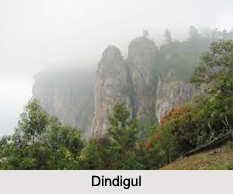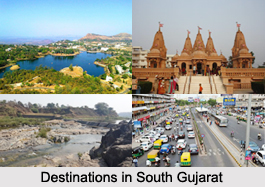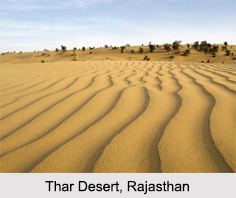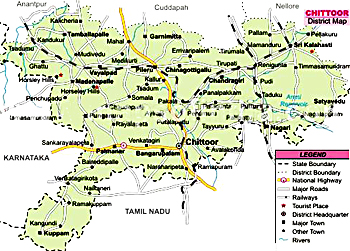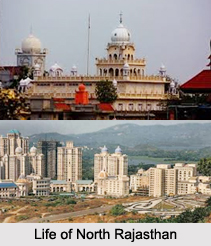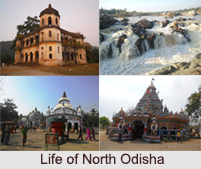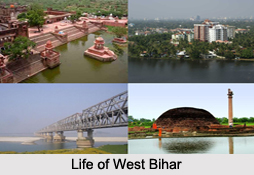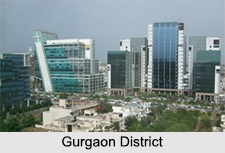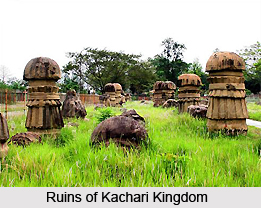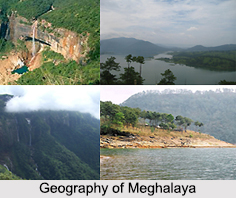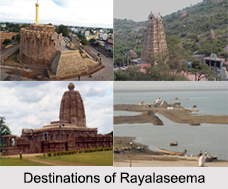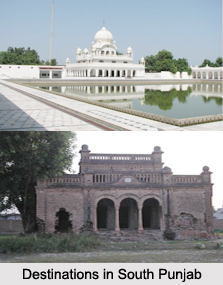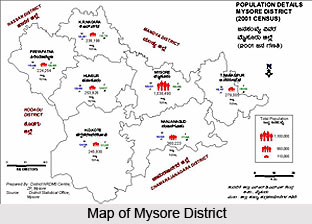 Administration of Mysore district in Karnataka is carried out by the Deputy Commissioner. The Office of the Deputy Commissioner is headed by the Deputy Commissioner and the District Magistrate (Revenue Department). The Deputy Commissioner is in charge of the general administration of the entire district and he is responsible for maintaining law and order in the district. The Deputy Commissioner, being the head of the district administration, is perhaps the only officer who exercises powers under the largest number of laws both state and central. The Deputy Commissioner is assisted by the Head Quarters Assistant. He is the head of the Revenue district. Mysore Revenue district is divided into 2 sub-divisions headed by Assistant Commissioners. These sub-divisions are comprised of talukas headed by Tahsildars. Taluks are further divided into hoblis headed by Revenue inspectors. These hoblis are comprised of villages. Groups of villages are formed into Village Accountant circles. Village Accountants maintain revenue records and it is their duty to collect revenue and other dues. The Administrative Section directly assisting the Deputy Commissioner in his office is headed by the Office Assistant of the rank of Tahsildar.
Administration of Mysore district in Karnataka is carried out by the Deputy Commissioner. The Office of the Deputy Commissioner is headed by the Deputy Commissioner and the District Magistrate (Revenue Department). The Deputy Commissioner is in charge of the general administration of the entire district and he is responsible for maintaining law and order in the district. The Deputy Commissioner, being the head of the district administration, is perhaps the only officer who exercises powers under the largest number of laws both state and central. The Deputy Commissioner is assisted by the Head Quarters Assistant. He is the head of the Revenue district. Mysore Revenue district is divided into 2 sub-divisions headed by Assistant Commissioners. These sub-divisions are comprised of talukas headed by Tahsildars. Taluks are further divided into hoblis headed by Revenue inspectors. These hoblis are comprised of villages. Groups of villages are formed into Village Accountant circles. Village Accountants maintain revenue records and it is their duty to collect revenue and other dues. The Administrative Section directly assisting the Deputy Commissioner in his office is headed by the Office Assistant of the rank of Tahsildar.
The functions of the district administration can be briefly summarised as follows:
Law and Order and Magisterial Matters: This group of functions relates to public safety and tranquillity. Maintenance of Law and order is the joint responsibility of the Superintendent of Police, who heads the Police force in the district, and the District Magistrate. The Deputy Commissioner of the District is also the District Magistrate. Though there is a separate department for the administration of jails, the district Magistrate exercises general supervision over the Jails in his district, citizenship matters or arms licences, cinema, NOC for petroleum bunks and storage for LPG cylinders.
Land Revenue: The second group of functions relates to revenue administration. While the most important component of this group is land administration including maintenance of land records, it also includes the assessment and collection of land revenue and other Government dues which are collected as arrears of land revenue. The Deputy Commissioner is a designated Revenue officer in various laws governing the land to deal with disputes arising out of land records and management of public lands and properties. The other revenue officers, namely, the Assistant Commissioners, the Tahsildars and the Deputy Tahsildars also perform functions of dealing with land disputes under the overall supervision and control of the Deputy Commissioner.
Development Activities: Schemes like MPLAD, MLAD, Ashraya, and Calamity Drought are being implemented by the Deputy Commissioner.
Election: The Deputy Commissioner is the District Election Officer. He is the Returning Officer for the Parliamentary Constituency, South Teachers Constituency/ South Graduate Constituency. All other elections namely, elections to the following, such as the elections to the Assembly Constituency, Town Municipal Council, Town Panchayat, Zilla Panchayat etc are held under the supervision of the Deputy Commissioner.
Census: The Deputy Commissioner is the District In charge of the census operations conducted once in 10 years, including the Cattle Census, Agriculture Census, Irrigation etc are conducted.
Municipal Administration Matters: The Deputy Commissioner is generally responsible for the supervision and proper functioning of the urban local bodies. The implementation of various developmental and anti-poverty measures for the urban poor is monitored by the Deputy Commissioner. The most important of these programmes are the Swarnajayanthi Shahari Rozgar Yojana (SJSRY), Urban Ashraya (Housing), Twelfth Finance Commission development grants, SFC and the JNNRUM for Mysore city.
Emergency Relief: In situations like floods, famines, accidental fires, earthquakes and other natural calamities, the entire district administration headed by the Deputy Commissioner, the Department like Police, Revenue, Health, PWD, Fire Force, Home Guards etc., all of whom are geared to meet the contingencies. General Public and the farmers can seek relief from the Revenue Department.
Land Acquisition matters: Acquisition of land for public purposes like construction of development projects, roads, bridges, irrigation channels, industries etc. is carried out by the Land Acquisition Officers under the control of the Deputy Commissioner.
Residuary functions: There are a number of executive functions of Government which have not been precisely defined and there is no separate representative of the Government to carry out such duties in the district. It is the DC, in his capacity as the chief representative of Government in the district, who has to deal with all residuary matters. This group of activities includes miscellaneous functions like Family Planning, Red Cross, District Social Welfare Schemes, Excise, Backward Class and Minority Schemes other Departmental Works. He is the inspecting authority for other department offices, except Police and Judiciary. This is the organisation of administration in the district of Mysore.







